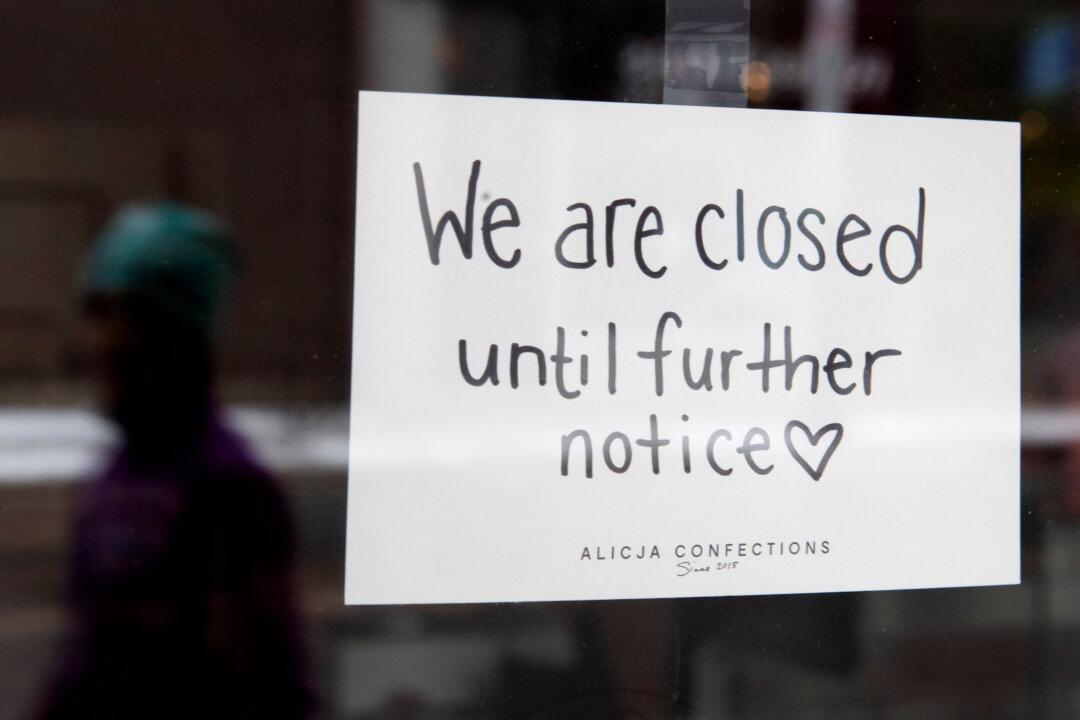The president of Export Development Canada (EDC) is defending its pandemic business loans program, saying the agency did the best it could to deliver aid quickly, after an auditor general report said $3.5 billion in loans were given to ineligible recipients.
“We worked to deliver pandemic relief as quickly and as efficiently as possible, and we succeeded at a reasonable cost of approximately $300 per loan,” EDC President Mairead Lavery told the public accounts committee on Dec. 4.





